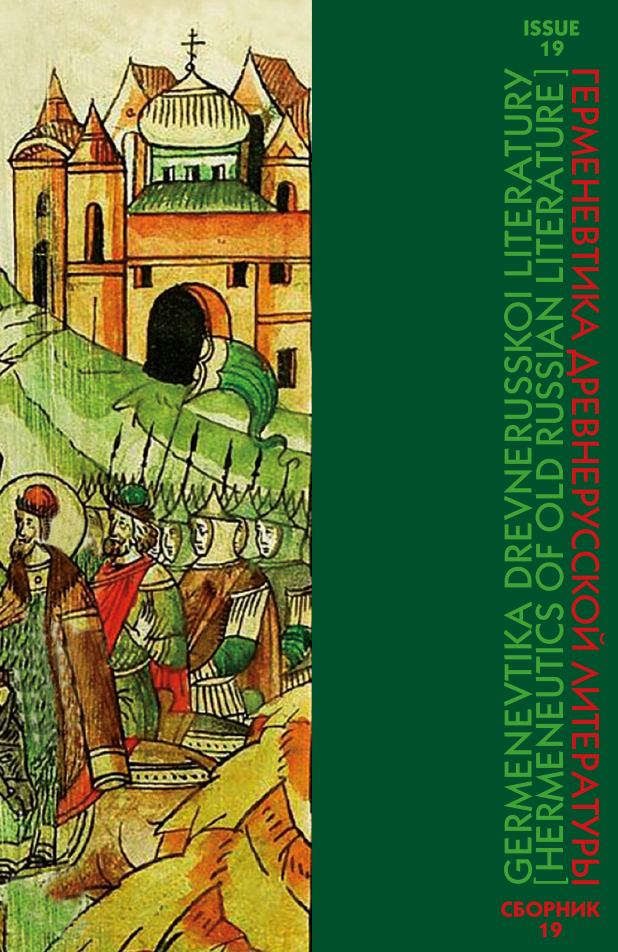Abstract:
The article examines how the confrontation between Moscow and Tver, which unfolded in the 14th century, was interpreted in the late Russian chronicle of the 16th century. The principalities fought for the right to become the center of unification of Russian lands. We can conditionally define four periods in the confrontation. The selection of material and characterization of the princes’ actions make it possible to talk about the Moscow view of events. During the compilation of the Ustyuzha Chronicle, Moscow had already taken a leading position, which was reflected in the selection of facts. The main opponent of the Moscow princes, Mikhail Yaroslavich Tverskoy, has not yet been officially canonized. Therefore, in the chronicle he is deprived of positive characteristics that could serve as a justification for his holiness. Ustyuzha chronicle shows how the Tver princes are leaving the political arena: three were executed in the Horde, the last one lost the support of other Russian princes, discredited himself with the desire to achieve the grand duchy in any way. The Moscow princes were gradually strengthening their authority. This is especially evident in the characterization of Ivan Kalita and Dmitry Donskoy. A desire to present the Moscow princes from the best side and reduce the virtues of Tver princes makes it possible to say that the theme of confrontation between Moscow and Tver was reflected in the chronicle and was presented from one side.
REFERENCES
1 Litvina, A.F., and F.B. Uspenskii. Vybor imeni u russkikh kniazei v X–XVI vv. Dinasticheskaia istoriia skvoz’ prizmu antroponimiki [Name Choice of the Russian Princes in the 10th–16th Centuries. Dynastic History through the Lens of Anthroponymy]. Moscow, Indrik Publ., 2006, pp. 232–237. (In Russian)
2 Pochekaev, R.Iu. Pravo Zolotoi Ordy [Laws of the Golden Horde]. Kazan’, “Fen” AN RT Publ., 2009. 260 p. (In Russian)
3 Pochekaev, R.Iu. “Sud nad blagovernym kniazem Mikhailom Tverskim v 1318 g.: protsessual’nye aspekty” [“Trial of the Blessed Prince Mikhail of Tver in 1318: Procedural Aspects”]. Paleorosiia. Drevniaia Rus’: vo vremeni, v lichnostiakh, v ideiakh [Paleorosia. Old Russia: in Time, in Personalities, in Ideas], no. 2 (10), 2018, pp. 92–102. (In Russian)






